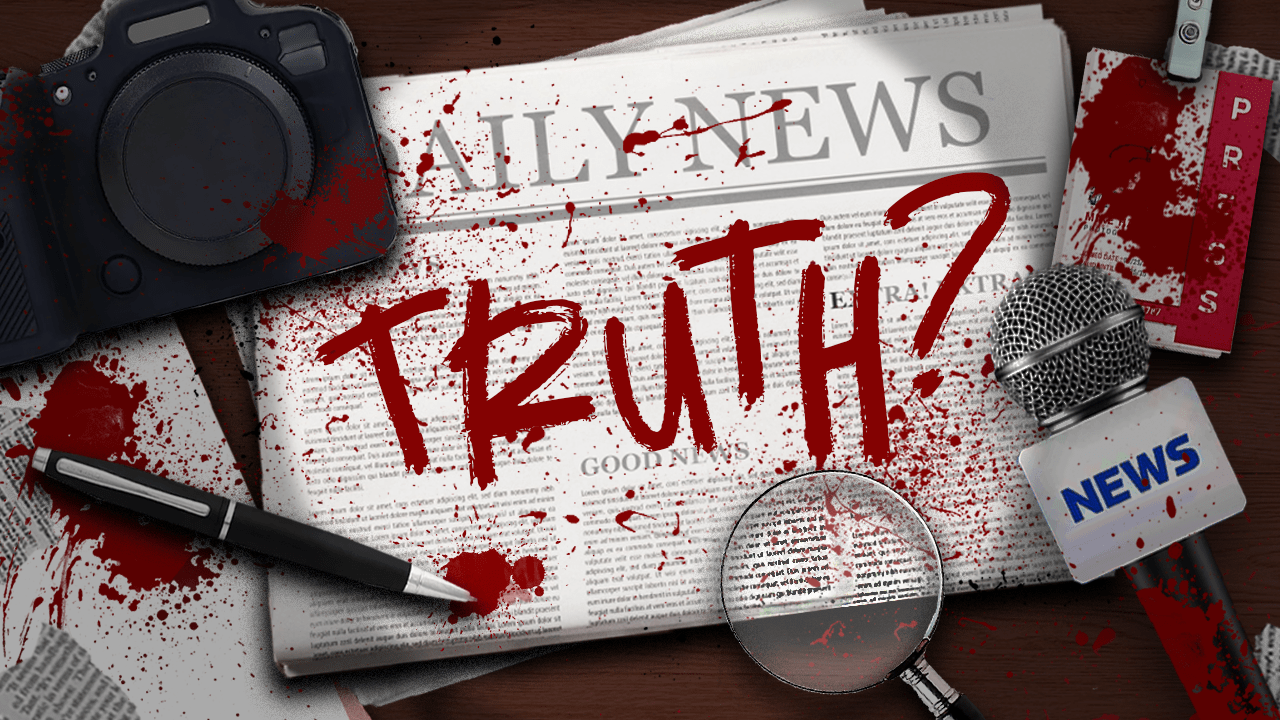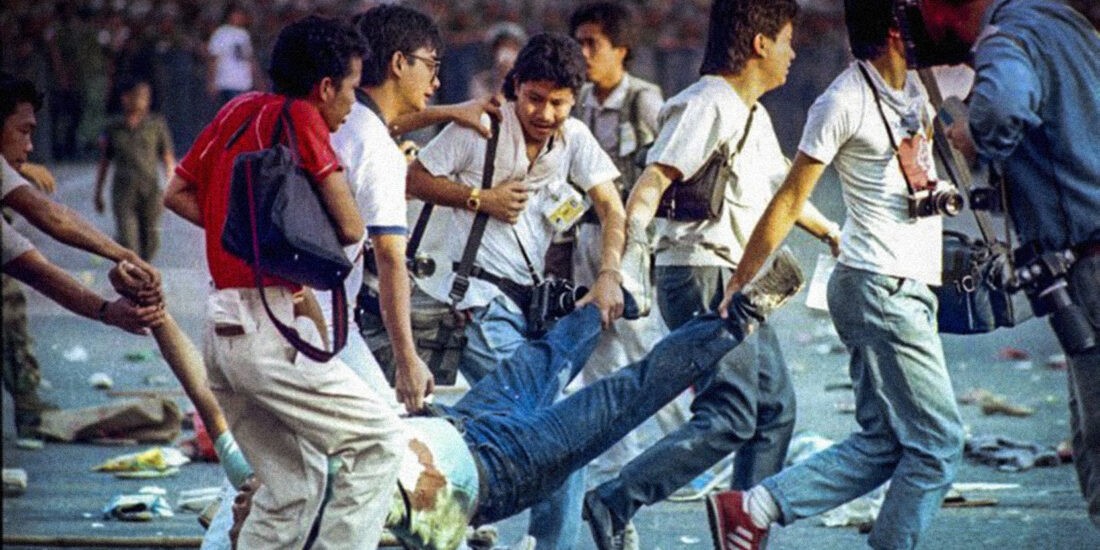Red ink
Delivering information has always been the primary duty of journalists – with the perpetual fact that data holds no value if not true. Sadly, it is often overlooked by the public that in the process of delivery comes the risks of truth-seeking. These unseen dangers have been an issue almost unaddressed by the societal kings; in some cases even potentially instigated by those appointed to supposedly protect the people.
November 2 raises the call for tidying of bloodshed in honor of two French journalists who were tragically killed in Mali in 2013. Today, the International Day to End Impunity for Crimes against Journalists, is not only a commemoration of the two but a call from all newsmen who pursue the dissemination of integrous information despite the constant threats it brings upon. Unfortunately, the Philippines has its fair share of the crimes and killings among journalists. The 2023 Global Impunity Index released by the Committee to Protect Journalists (CPJ) ranks the country eighth in the most dangerous places for journalists to do their duties due to the accumulated terrors that they often face, ranging from trumped-up charges, red-tagging, and worse, killings.
Tip of the pen
The tip of the pen is essential for writers. Gliding the tip on paper, forming words, and eventually sharing these can heavily influence those it reaches. Every letter made while writing is a compelling message waiting to be consumed, but not everyone reads in acceptance. Some take the truth into offense and whenever this happens, the pen-holders are the first to blame.
However, when the tip only conveys truth, what allegations do the offended impose on the pen-holders? Frenchie Mae Cumpio, a Tacloban-based writer, was charged with illegal possession of firearms and tagged as suspected members of the New People’s Army. Along with activists Marielle Domequil, Alexander Philip Abinguna, Marissa Cabaljo, and Mira Legion, they were threatened and eventually put in jail last February 7, 2020, the year when the questionable Anti-Terror Law (ATL) was also passed.
Despite this unjust event, Cumpio has inspired many to continue writing such as the former Philippine Collegian editor-in-chief Daniel Daiz, a student journalist. According to him, this was an awakening on how critical campus journalists must be. The pen-holder may be cuffed but the consequences of the written remains to inform and inspire.
Grill of the microphone
Most Filipinos are familiar with the microphone since karaoke has become ingrained in the culture. It amplifies the voices of its users – just like in news broadcasts. The grill of the microphone is the metallic hatch that comes first in contact with the mouth. Each breath caught by this is then loudened for others to hear. However, the real voices amplified are not of the media, but of the people and when the silenced get a chance to speak, it becomes apparent why they were muted in the first place: not through their own fault, but that of those with the duty to suppress these voices once again.
Maria Ressa is a Nobel Peace Prize-winning chief executive officer of Rappler, a digital media company and online news organization. As reported by James Griffiths of CNN, she was arrested in early 2019 and found guilty of “cyber libel” in 2020. This is believed to be linked to coverages of former President Rodrigo Duterte, evident in their news reports that delve on the atrocities and violations that the former administration committed.
This act of silencing such a renowned organization of the Philippine press shows that the powerful stops at nothing to diminish the off-tune notes of their good names. Though, what has been heard shall remain to those who acknowledge. Censorship can never outdo the screams behind the microphone’s grill.
Lens of the camera
Photojournalism is adored by many due to its artistic and eye-opening nature. While the shutter decides which photos are taken, the lens determines which scenes are seen. It encapsulates an event, enabling it to be shared to the world and making that reality last forever. Beyond letters and voices, images allow viewers to experience a happening from a setting far from theirs; to empathize and reflect upon. Nevertheless, the duty needs no words to carry the harm brought by seeking the truth and sharing it to the masses.
Red-tagging describes labeling individuals, organizations, or groups as associated with communists or rebel groups. At times, the term is used as a method of political harassment, especially targeting activists and government critics. The Photojournalists’ Center of the Philippines (PCP), Inc. released a statement in 2021, particularly in the case of the National Union of Journalists of the Philippines (NUJP) and Leonardo Vicente “Cong” Corrales, the associate editor of Cagayan de Oro’s Gold Star Daily as they witness the continued red-tagging resulting into arbitrary arrests and extra-judicial killings among those they consider colleagues.
Shots of blood-stained citizens and famished youth like that of Ezra Acayan entail stories that will unfortunately live longer than many media personnel. Unfortunately, the reality for now is that gun shooters are more embraced and authorized than shooters of the lens.
***
Nonetheless, it is with undying hope that this will only be for now. The fact that there is an International Day to End Impunity for Crimes against Journalists displays the magnitude of threat media people face. Alarmingly, the World Press Freedom Index 2023 still ranks the Philippines as 132nd out of 180. Everyday, the 198 journalists killed since 1986, are mourned and never forgotten. Cumpio, Ressa, and Corrales are only a fraction of the victims of silencing, censorship, harassment, and red-tagging.
With the current climate in the country and the legal provisions that authorities constantly utilize to harm the press such as the ATL, vigilance is needed more than ever. Journalists will never stop shedding light in the midst of darkness. Despite the downhearting actuality that each day the printing press may possibly bleed red, the people behind it shall continue writing, speaking, and capturing the unwritten, unspoken, and unseen.
Photo slider by Ashly Maquirang





